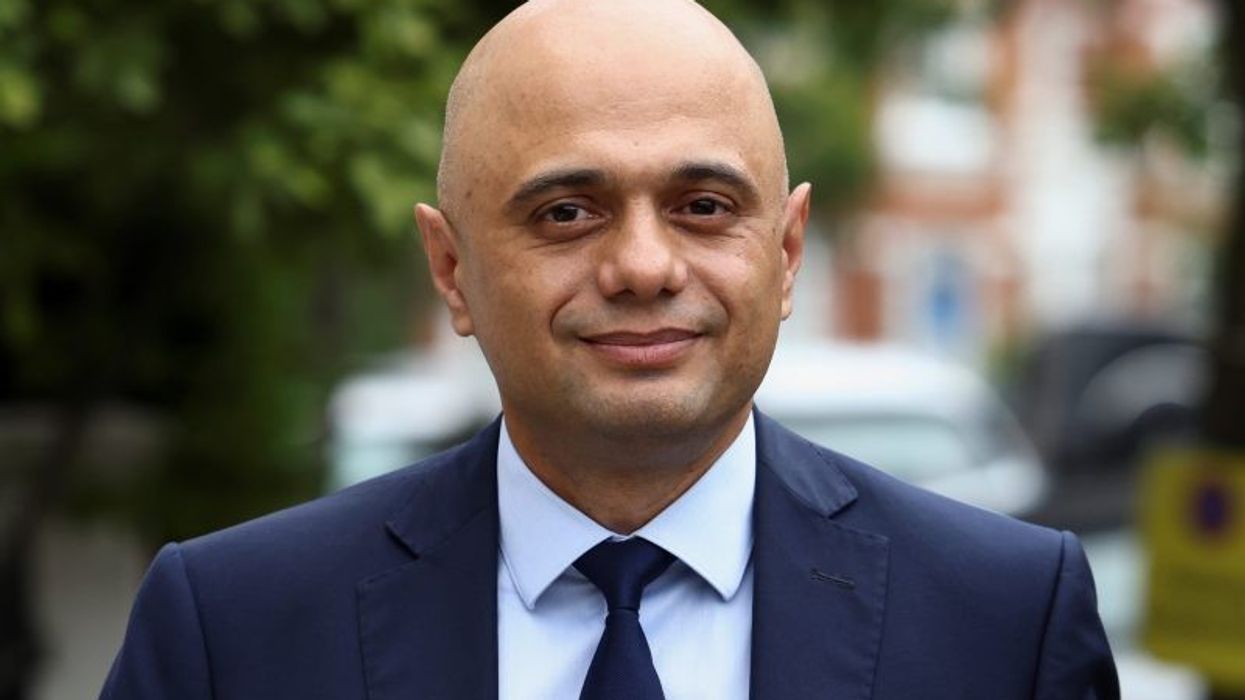PEOPLE across the UK will now have more choice over when to start a family as the government sets out plans to increase the storage limits for eggs, sperm and embryos.
Following a public consultation earlier this year, proposals will be introduced to increase the statutory storage limits for everyone from the current 10 years, to a 10-year renewable storage period up to a maximum of 55 years.
Under the new system, prospective parents will be given the option at 10 year intervals to keep or dispose off frozen eggs, sperm and embryos.
This move would put less pressure on couples thinking about when to start a family, it will also ensure greater equality as the same rules will apply to everyone and storage limits will not be dictated by medical need.
Health secretary, Sajid Javid, said: “The current storage arrangements can be severely restrictive for those making the important decision about when to start a family, and this new legislation will help turn off the ticking clock in the back of people’s minds.
“There are any number of reasons why someone may choose to preserve their fertility, and it is one of the most personal decisions any of us can make. Technological breakthroughs – including in egg freezing – have changed the equation in recent years and its only right that this progress puts more power into the hands of potential parents.
“By making these changes, we are going to take a huge step forward – not just for giving people greater freedom over their fertility, but for equality too.”
The proposed changes were made possible by using the latest freezing methods, with evidence showing frozen eggs can be stored indefinitely without deterioration, due to a new freezing technique called vitrification, and changes reflect the increasing success of using frozen embryos in routine IVF treatment.
Raj Mathur, chair of the British Fertility Society (BFA) said: “The British Fertility Society welcomes the government’s changes to the statutory maximum storage period for eggs, sperm and embryos. Technological advances mean that storage of reproductive material is a safe and effective way of protecting fertility for many individuals.
“This change ensures that UK regulation is compliant with the scientific evidence about the safety of storage, and protects the ability of all our patients to make reproductive choices for themselves as individuals and couples."




